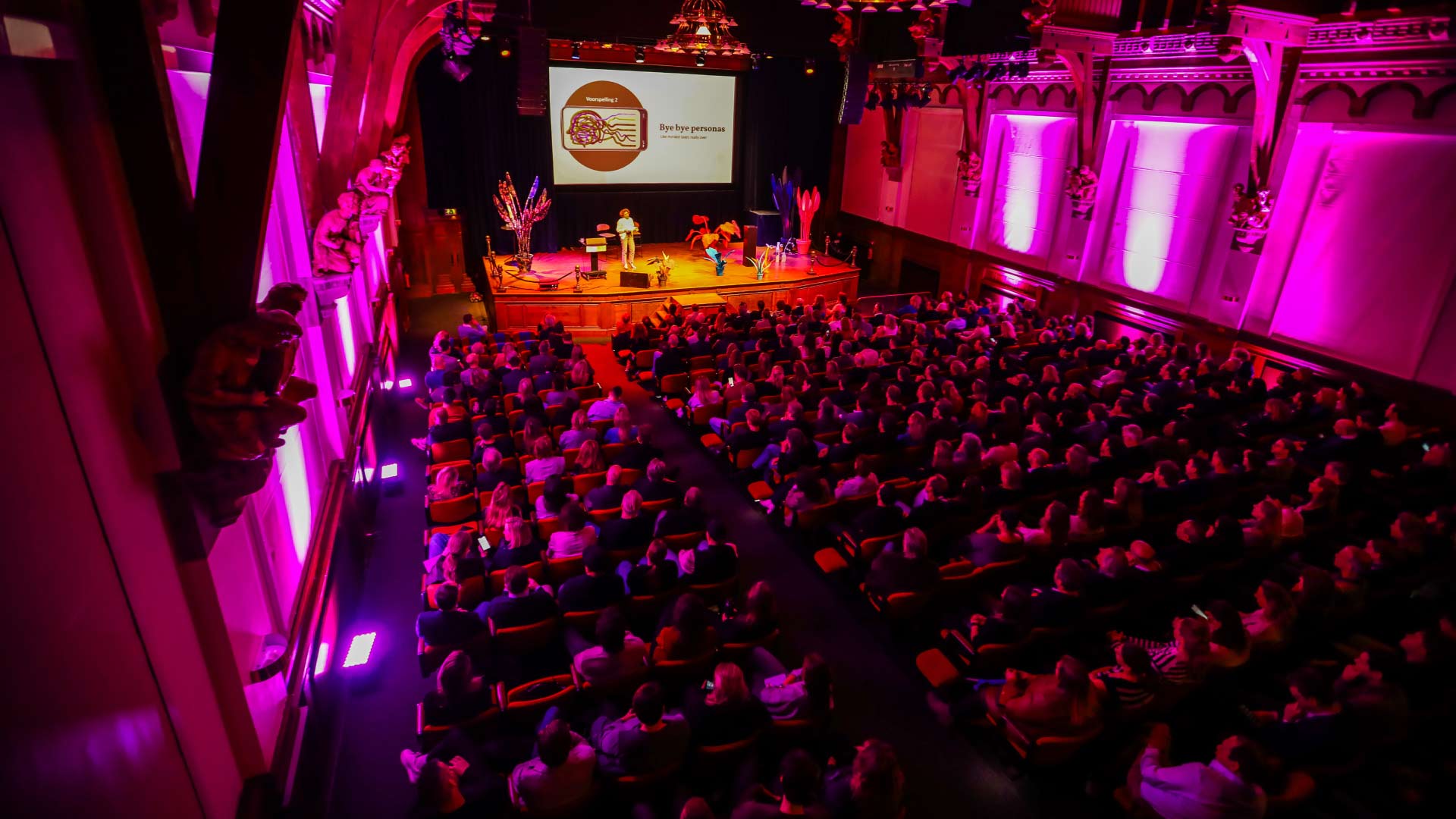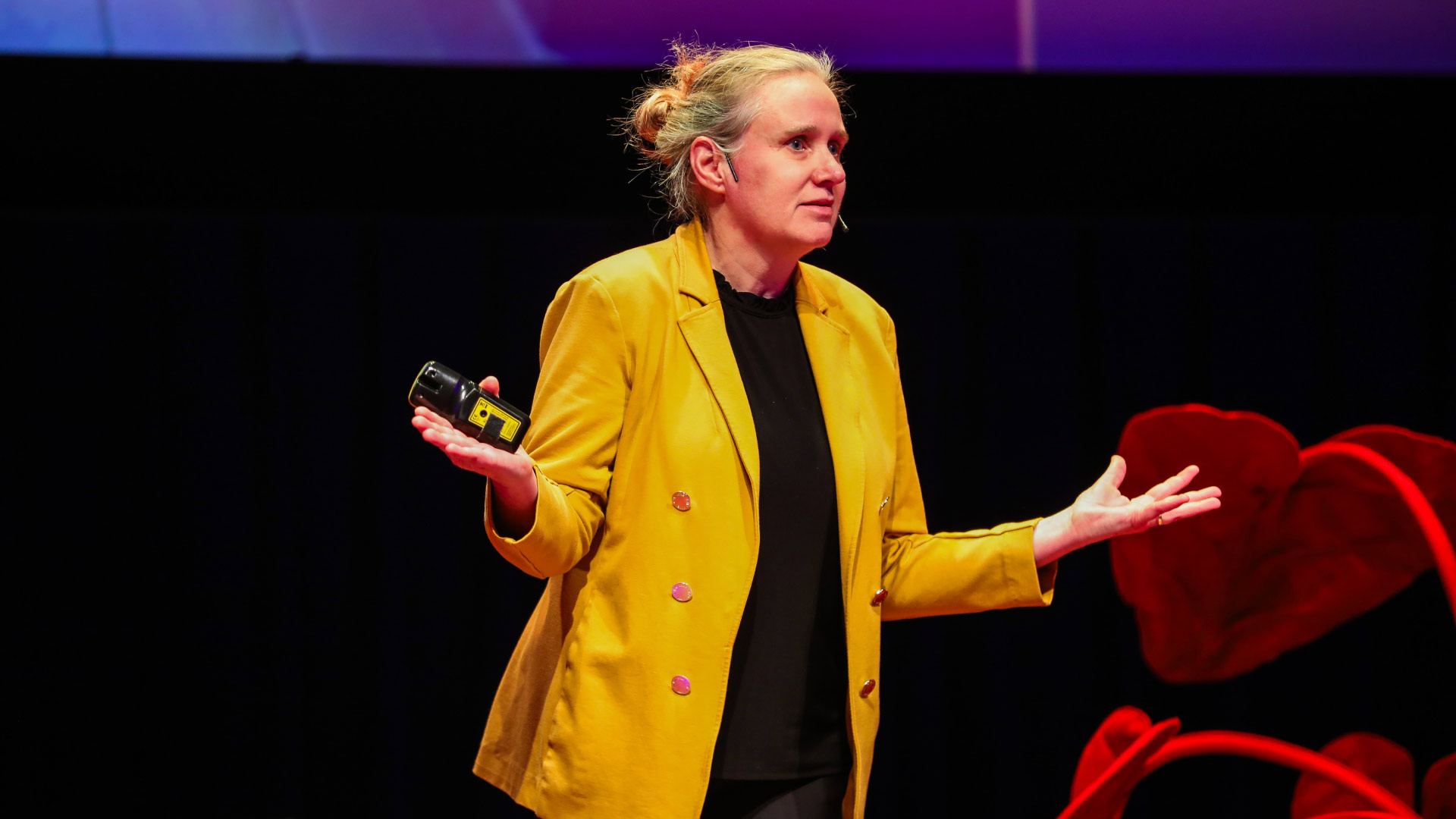5 Bold Predictions: AI's Impact on Marketing in 2024.
This year’s Koffiedik Kijken 2024 event, held at the KIT Royal Tropical Institute in Amsterdam, was an illuminating affair. The sold-out event, hosted by industry giants VIA, bvA, DDMA & Adformatie, brought together specialists of the media, marketing, and communication world. Among the esteemed speakers, our board member and AI expert Mieke De Ketelaere, shared 5 captivating predictions about the future of AI in marketing.

Why look into the future of AI?
According to Mieke, AI advancement comes with responsibility. It’s all about finding the balance between maximizing the benefits of AI and ensuring its responsible application. And for that, we need to look forward. Here are her top 5 predictions for future AI trends and developments.
1. Text-to-video leaves the labs
Multi-model commercial solutions will push marketing and advertising beyond their conventional data input and output. 'Text-to-video' is just a start but newer data streams will emerge too, capturing data from newer types of sensors or creators which can have a possible impact on customer intimacy (e.g. scent).
2. ChatGPT wins the battle in LLM-land
Today, we see a huge lobbying effort in Europe to promote “local” versions of Large Language Model giant ChatGPT (e.g. Mistral.AI). However, ChatGPT remains unrivaled when it comes to user experience and usability, leaving competitors far behind for now. So even if you may miss some European context in a generated text, by keeping a critical mindset on the results and making corrections where needed, the value of ChatGPT is fully proven.
3. Consumers will become addicted
AI is enchanting. Especially to a generation growing up in a digital world and to people in the current loneliness epidemic that use AI chatbots and tools as an outlet. That’s why marketing and customer-focused teams should use AI tools responsibly, ensuring a human touch is always present in this additional communication medium such as keeping an eye on the log files of AI tools.
4. Focus on the planet will increase
AI consumes enormous amounts of energy which clashes with global sustainability goals. And even though solutions are available, they are often unknown to companies. Therefore, more transparency and eco-accountability in AI practices are needed to rebalance its impact on the planet.
5. EU AI act will remain a struggle
The text of the European AI Act has been approved at the end of December 2023, but implementing it poses challenges. Companies, waking up to compliance, face doubts on how to adapt in a fast-moving tech landscape and even on certain parts of the text. Responsible AI will however remain an individual focus and not a regulated fact for the years to come.
